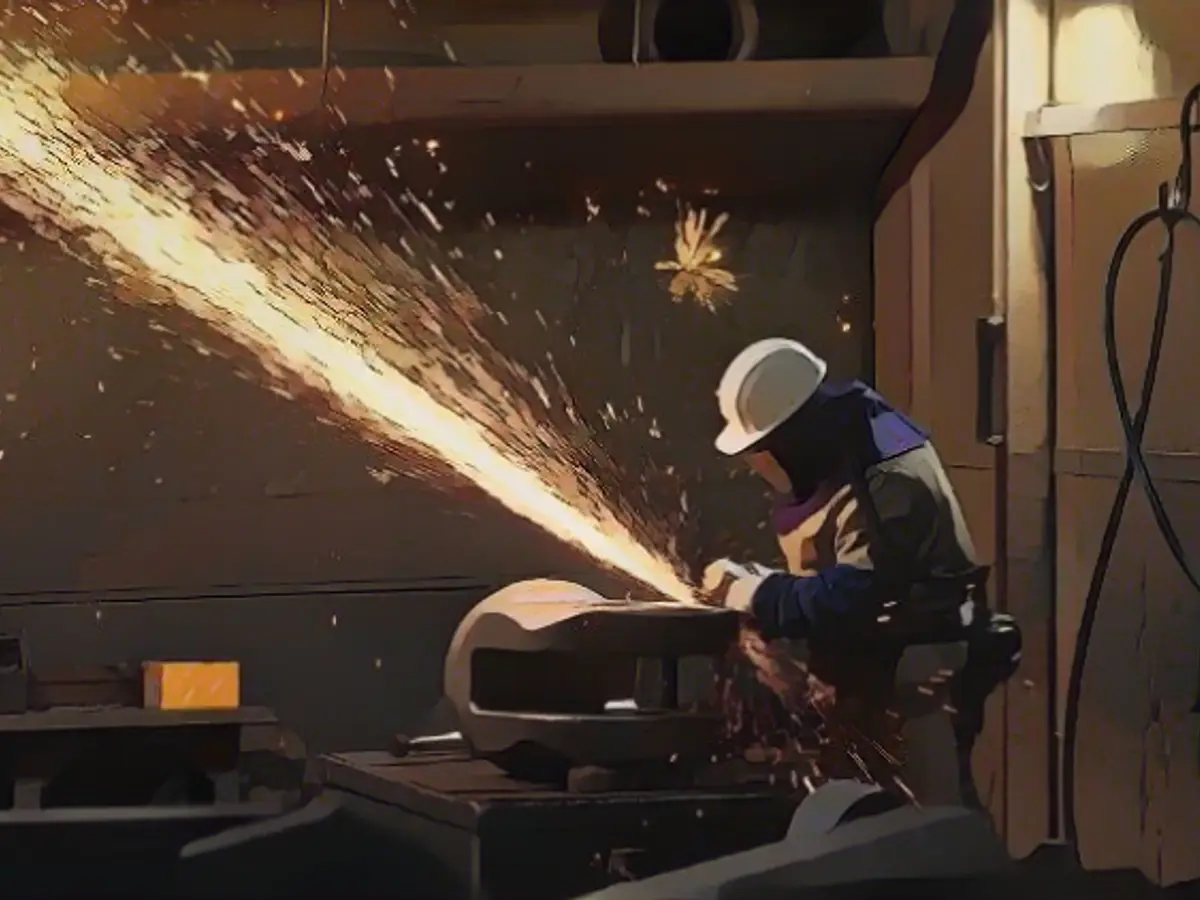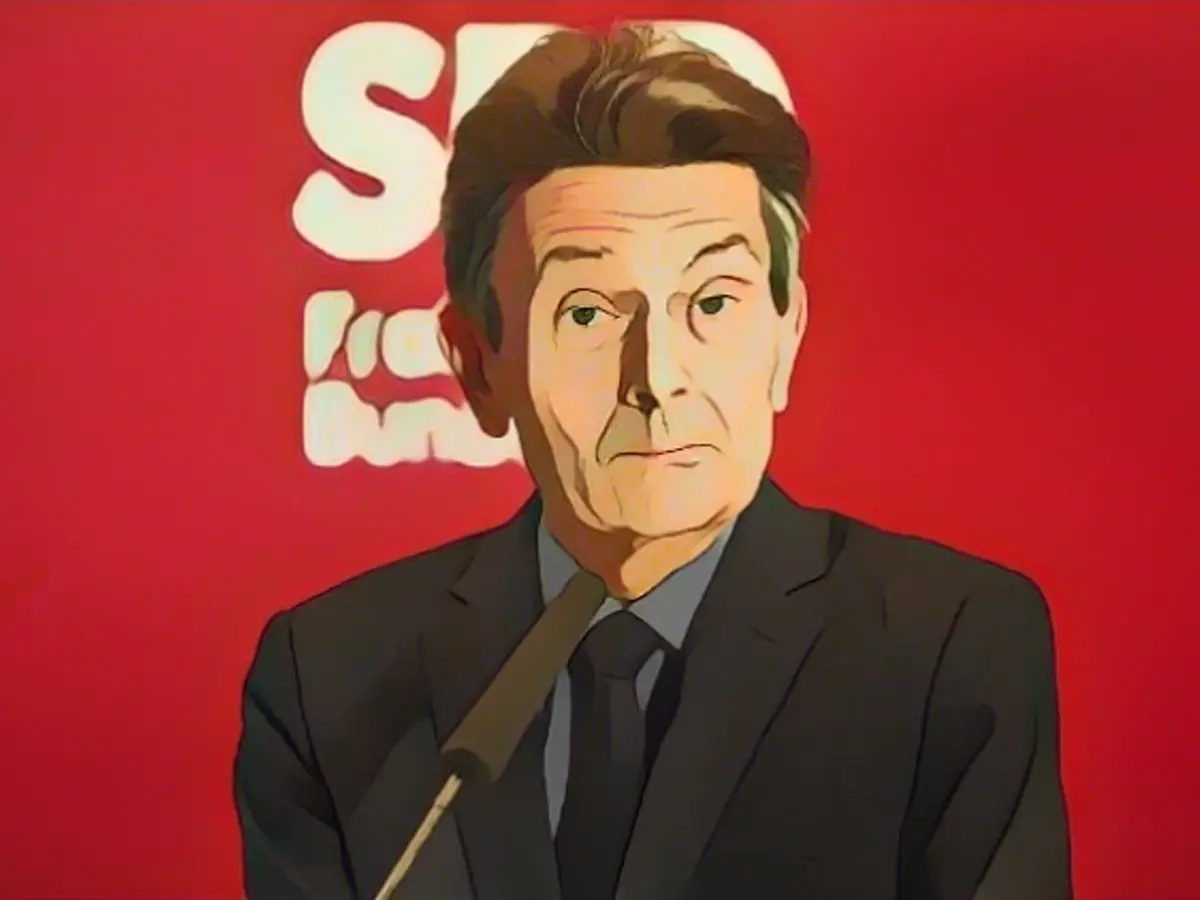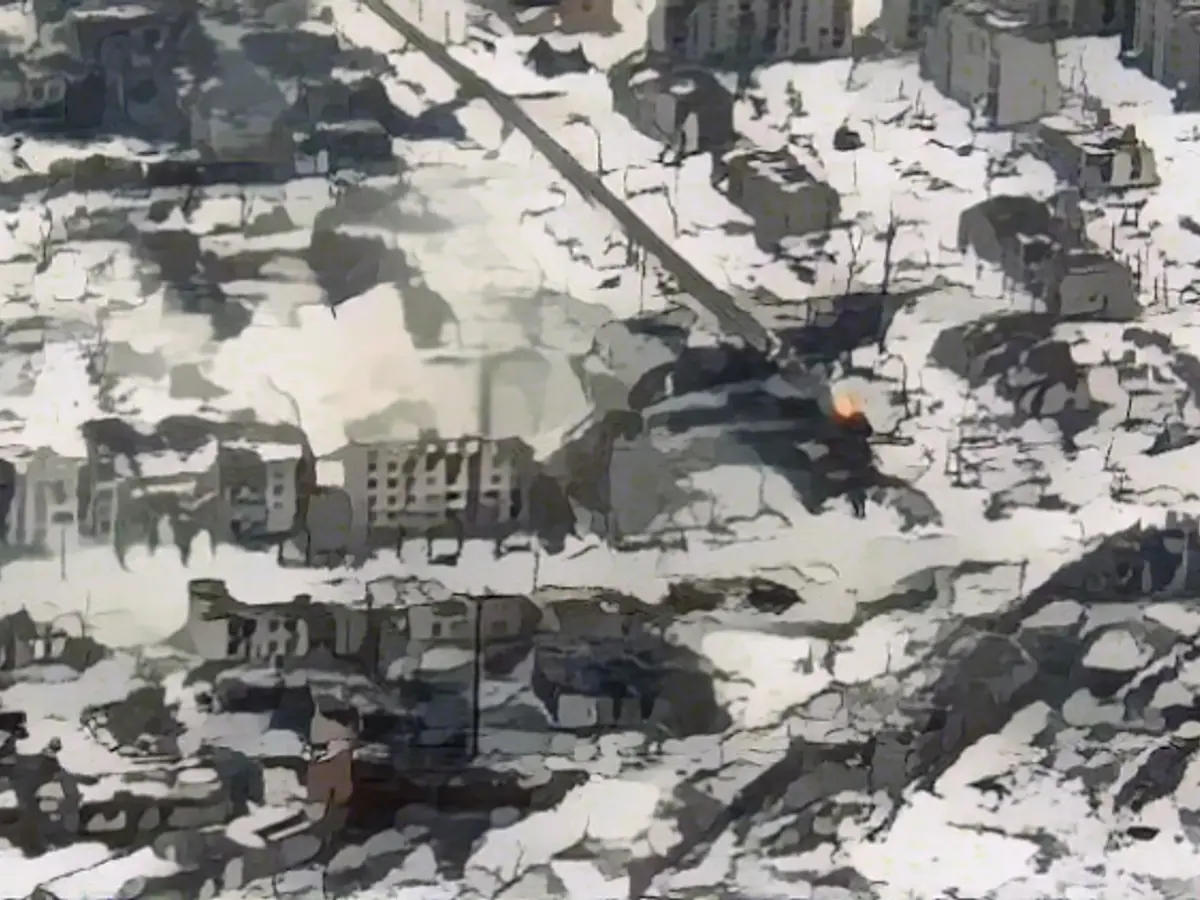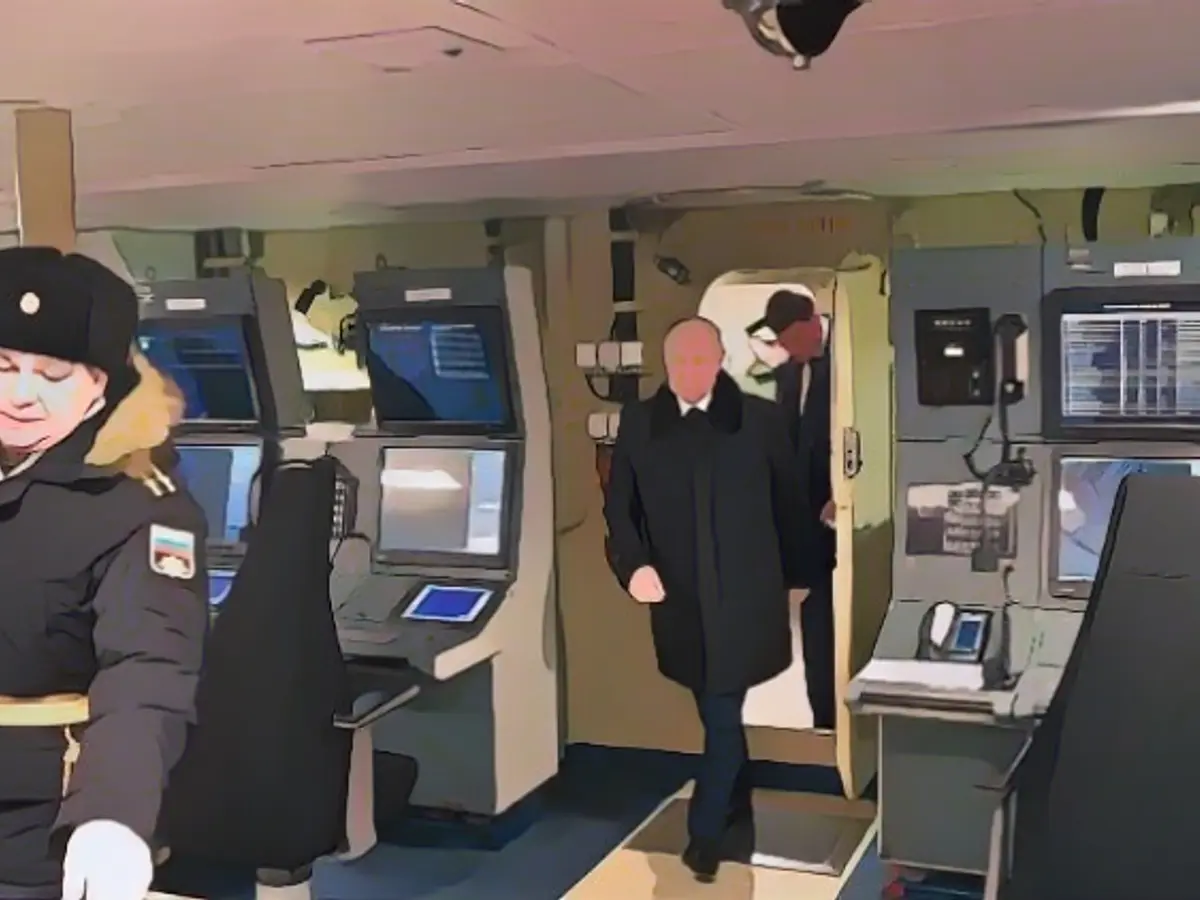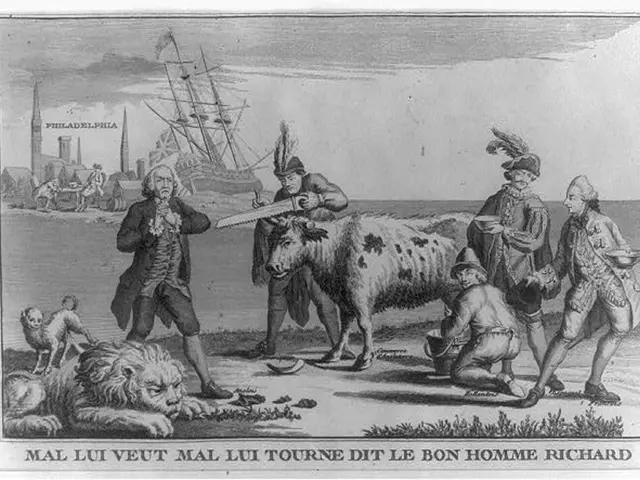Manufacturing woes persist - recession on the horizon
Germany's industrial sector is grappling with a plethora of challenges, with high energy prices and a sluggish global economy hampering growth. October witnessed a fifth consecutive production drop, a phenomenon last seen during the financial crisis, according to economists who foresee a slow recovery.
The German industrial sector is currently experiencing its longest negative streak in over a decade. In October, production dipped for the fifth month in a row, pushing the country closer to a recession. According to the Federal Statistical Office, the combined output from industry, construction, and energy suppliers decreased by 0.4% compared to the previous month, deviating from economists' anticipated 0.2% increase and following a 1.3% fall in September. The last time such a downtrend occurred was in 2008, during the height of the financial crisis.
Jupp Zenzen, an economic expert at the German Chamber of Industry and Commerce (DIHK), explained that the production slump is not just affecting energy-intensive industries. High interest rates and the shortage of skilled workers in the construction sector are also contributing to the sector's struggles.
Germany's economic health is at stake, with a recession becoming increasingly probable as a result of the renewed decline. Sebastian Dullien, the Scientific Director of the Institute for Macroeconomics and Business Cycle Research (IMK), backed this sentiment, stating that there's an elevated chance of a GDP decrease in the final quarter of 2022, meeting the technical criteria for a recession by two consecutive quarters.
Energy burden
The Federal Ministry of Economics recently attributed some role to bridging days and vacations in October's production decline. However, economists generally remain pessimistic about a rapid turnaround in the sector. Commerzbank's Chief Economist Jörg Krämer maintains that industrial production will likely continue to drop in upcoming months. Companies will need to address the recent fall in incoming orders after they've processed the orders that accumulated during the coronavirus pandemic.
The export-dependent industry even experienced a 0.5% production decrease in October compared to the previous month. This decline can be primarily attributed to mechanical engineering, where output tumbled by 6.3%. The automotive sector, however, showed growth of 0.7%. The export-oriented sector has been plagued by reduced orders, as indicated by figures showing a 4.6% drop in new business from August to October compared to the previous three months.
Thomas Gitzel, Chief Economist at VP Bank, pointed out that energy costs stemming from the Russian war of aggression against Ukraine are proving to be a substantial burden for German industries beyond households.
Challenges Abound
While some factors contributing to the current downturn can be attributed to short-term phenomena, such as bridging days and vacations in October or the fallout from the COVID-19 pandemic, several structural factors are also at play. These factors, which include heightened competition from China and labor market challenges in Germany, can exacerbate the industrial production decline and increase the likelihood of a new recession.
Source:
Enrichment Insights
The prolonged negative streak in German industrial production is influenced by complex factors. High energy costs and the E.U.'s dependency on Russian gas are causing significant difficulties for energy-intensive industries, especially following the recent increase after Russia's invasion of Ukraine. This energy crisis has resulted in a 20% reduction in production by energy-intensive sectors since 2022.
Sluggish demand and competition from Chinese industries are also affecting various sectors, including the automotive and energy-intensive industries. Addressing labor shortages and bureaucracy, as well as addressing geopolitical unpredictability, is crucial for fostering a more resilient and adaptable business environment in Germany.
The inability of the current government to execute growth initiatives, due to the early end of its term, is another factor that hinders the revival of the German economy. As Germany's economy relies heavily on exports, addressing these challenges is essential to prevent or mitigate the likelihood of a new recession.
